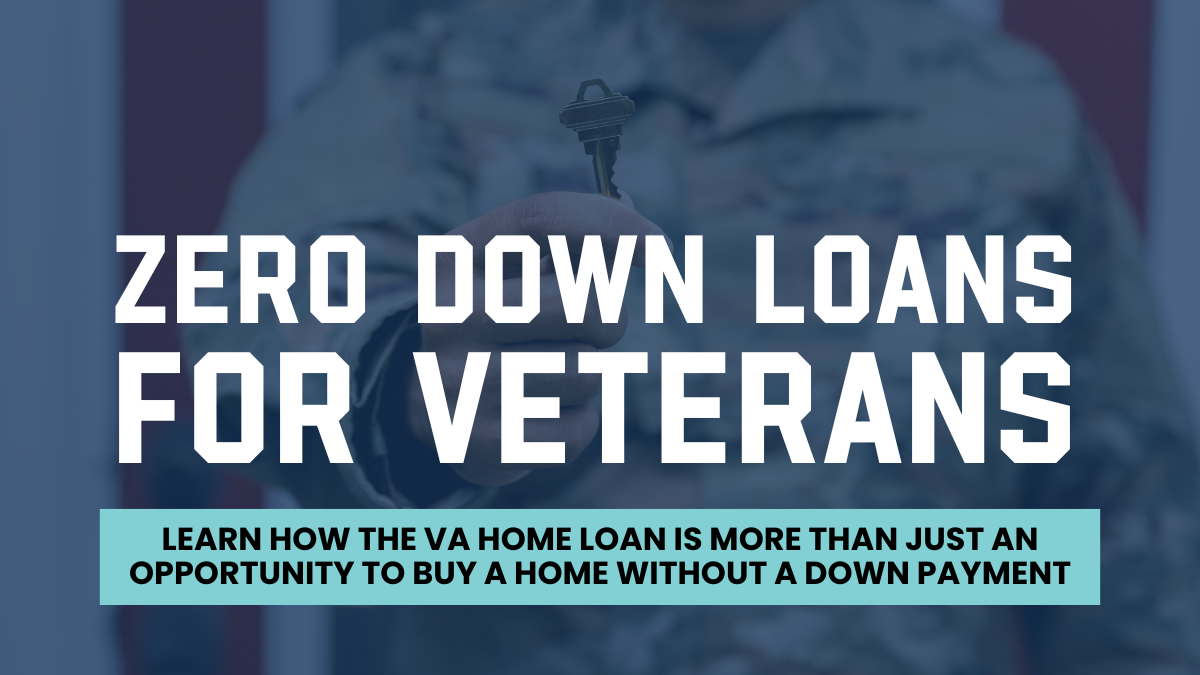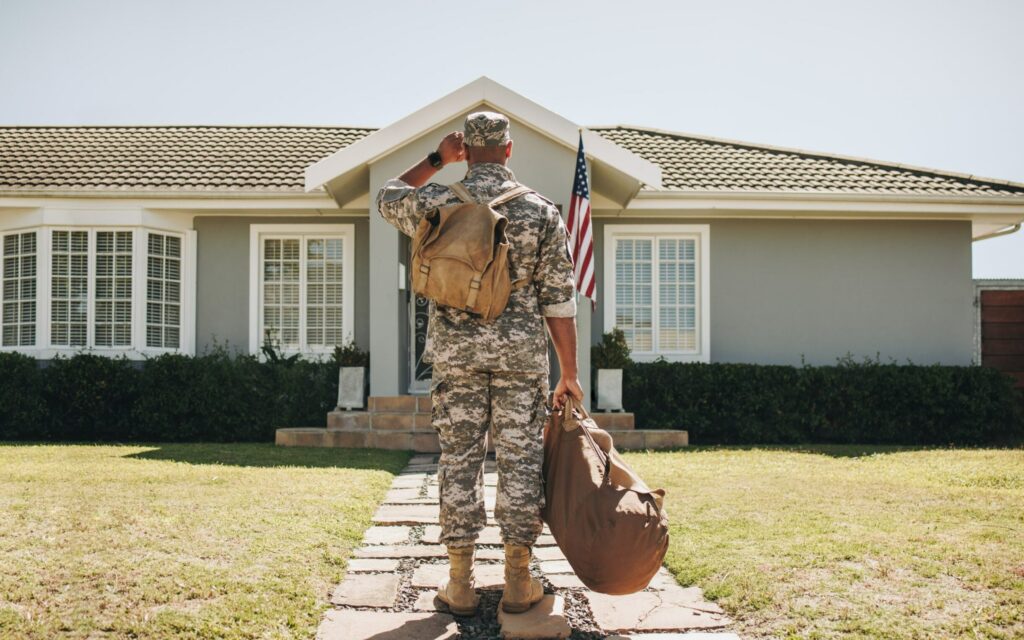For National PTSD Awareness Month, our community is helping reduce the stigma over the war against mental health. Due to this, we shine a light on the topic of PTSD which affects more than just our country’s Veterans.
What Is PTSD?
PTSD is a psychiatric disorder that occurs in people who have experienced or witnessed a traumatic event such as a natural disaster, a serious accident, a terrorist act, war/combat, rape, or who have been threatened with death, sexual violence, or serious injury.
The American Psychiatric Association, 2021.
A Brief History of PTSD Awareness Month
The U. S. Senate marked June 27th as National PTSD Awareness Day, and The National Center for PTSD has claimed June as PTSD Awareness Month.
Who does PTSD affect?
PTSD can occur in any of us, affecting roughly 3.5% of U. S. adults every year. Around 1 in 11, Americans are diagnosed in their life, with women twice as likely as men.
PTSD was not recognized until the 1980s, and before this, it was called “shell shock”. Anecdotal reports indicate PTSD occurred in war Veterans in the Civil War, World War I, and World War II.
Veteran PTSD data that is available to us is from recent wars including Iraq and Afghanistan. Statistics for the U. S. Military estimate 20% of Service Members developed PTSD, but not exclusively because of combat. This compares to 17% of female combat troops. In addition, 71% of female Military members developed PTSD due to sexual assault.
How Can You Help Someone Suffering From PTSD?
If you know someone suffering, here are 3 steps that HelpGuide.com have created to help people feel less overwhelmed.
(To see the full article, visit – https://www.helpguide.org/articles/ptsd-trauma/helping-someone-with-ptsd.htm#)
- Provide Social Support
People can feel withdrawn and socially unaccepted. If you offer an ear to listen, it will help come to terms with how someone is feeling. Do normal things, help them to find a hobby, or take part in their hobby with them. Let them take the lead and allow them to find their safe space. Manage your own stress and stay calm in situations. Ensure you are staying up to date about PTS. Be open to you feeling mixed emotions as PTSD can affect relationships and you may face negative feelings along the way.
- Be A Good Listener
Part of the healing process may be talking about their trauma. This is important to see as a positive step, and not just reliving the moment(s). You may not like hearing about another person’s experiences, but after all their feelings must still be respected.
- Rebuild Trust and Safety
Express your commitment to love and support them. Create routines and maintain a schedule to restore security and stability. Minimize stress at home and make time for R &R. Talk about the future the help create events and plans to look forward to. Keep promises to help build trust. Emphasize positive actions and celebrate their success. See what other ways you can build their confidence.
How is PTSD treated?
In summary, there is no cure for PTSD although there are ways we can help. The Homes for Our Troops website contains resources for those needing extra support.



